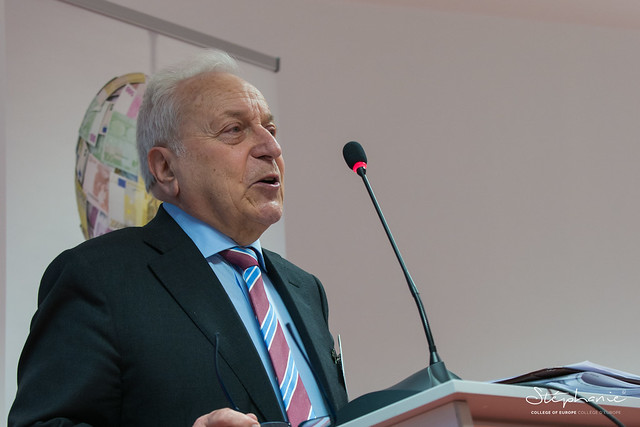
Should foreign direct investment (FDI) in the EU be subject to screening in order to address security or public interest concerns? This question has re-emerged in public policy discourse due to some high-profile acquisitions by foreign investors of EU companies with technologies and structures considered to be essential for critical functions of society. Several EU Member States are advocating for increased EU guidance and intervention in this area which, up to now, has been regulated differently (if at all) by the EU Member States. As a result, the European Commission recently submitted a proposal to establish an EU-wide framework for the screening of FDI.
This workshop addressed briefly the economic aspects of FDI in the EU and examined how the EU treaties and other policies relate to FDI. Possible limits to the exercise of the EU’s power resulting from WTO commitments were looked at and it was examined how screening is being done in selected EU Member States, as well as in the US under CIFIUS, before turning to the European Commission proposal; how EU businesses and non-EU investors are, or may be, reacting to the current and proposed future screening. The workshop concluded with a panel discussion and Q&A session.
 The workshop – organised by the European Legal Studies Department of the College of Europe in co-operation with Sidley – was of interest to non-EU businesses (and their advisers) that are contemplating FDI in the EU and to EU companies active in the sectors likely to be subject to FDI screening such as defense, energy production and transportation, telecommunications, and information technology. The workshop was also of interest to academics and policy makers.
The workshop – organised by the European Legal Studies Department of the College of Europe in co-operation with Sidley – was of interest to non-EU businesses (and their advisers) that are contemplating FDI in the EU and to EU companies active in the sectors likely to be subject to FDI screening such as defense, energy production and transportation, telecommunications, and information technology. The workshop was also of interest to academics and policy makers.
Please find here the programme.
This conference was open to the public after registration.
For more information, please contact Valérie HAUSPIE.
